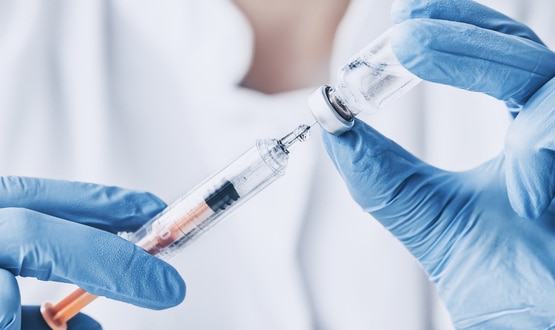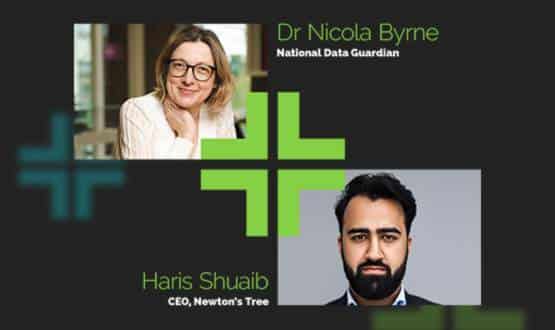Pharmacogenomics has potential to save costs and personalise treatments
- 29 September 2023

Pharmacogenomics has the potential to save money for the health service and contribute to advances in personalised medicine, speakers told a panel at this week’s HETT conference in London, but stakeholders will need to proceed cautiously as they integrate new data into clinical workflows.
“We understand that genomics will be there for life and we have to figure out a way to get that information into patients’ medical records,” pharmacy genomics lead at NHS England’s Genomics Unit Victoria Chaplin told an audience at the Excel Centre.
“Pharmacogenomics cannot be done without a focus on digitalisation and standardising those results within the patient record so they can follow patients throughout their lives.”
Videha Sharma, clinical innovation lead at the Pankhurst Institute in Manchester, noted that pharmacogenomics can helps clinicians make better decisions at the point of care – including understanding which patients are unlikely to respond to a particular drug – if they are part of existing clinical workflows.
While interoperability remains a challenge, Sharma said, genomic information could provide an opportunity as it is less siloed than other data.
A key benefit of genomic data is that a person’s genome doesn’t change during their lifetime, unless they develop cancer, said Tim Hubbard, professor of bioinformatics in the Department of Medical & Molecular Genetics at King’s College, London.
“If you have your own genome sequenced and stored, the maximum benefit comes from having that already done,” he said, adding that it should be possible in the future to create an archive system for such data, with an outcome summary stored in an electronic card in the NHS app. “You should be able to engineer it all the way to the GP prescribing system.”
Hubbard also referred to insights from Genomics England’s flagship 100,000 genomes project, which is sequencing 100,000 genomes from around 85,000 NHS patients affected by rare disease or cancer.
While the first phase concentrated on rare diseases, he said, the next phase will be a random trial of 100,000 newborns to see if there is enough information to act on.
“We know from a whole analysis of 100,000 genomes that 90% of people have a variant that would be relevant to a particular drug,” he said. In addition, he said 6% of hospital beds are currently occupied by people with adverse drug reactions; the use of genomics to avoid such reactions could save the health service money.
A recent analysis of NHS prescriptions data in the 12 months from April 2021 to March 2022 found that NHS England spent more than £412 million on common opioid and SSRI antidepressants, even though one in 10 people have a gene mutation that means they metabolise and react to the drugs differently. The analysis, by biotech company PacBio, found that using genetics to inform that prescribing of opioids and SSRs could save the NHS at least £41 million a year.
New standards needed going forward
Although universal whole genome scanning is likely to be some ways off, the health service will need to develop guidelines for standardising genomic information in the near future, the speakers agreed.
“We really want to know how do we standardise that data,” Chaplin said, referring to ongoing trials of genomic data in Manchester and the northwest of England.
“At the end of the day, [the data] may be related to drug efficacy, drug reactions or targeted treatment and we need to figure out how that information fits in to the rest of the patient record and how to use it for clinical decision-making.”




